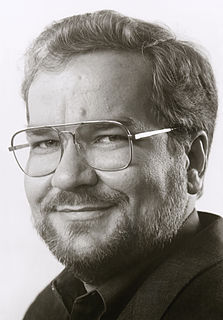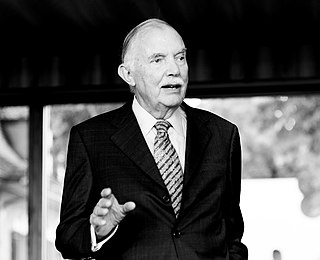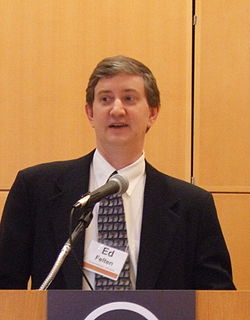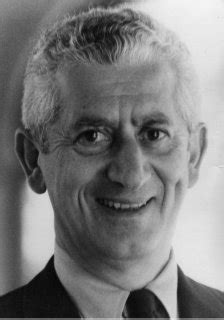A Quote by Howard Gardner
Any good teacher should become acquainted with relevant technologies. But the technologies should not dictate an education goal. Rather, the teacher (or parent or student or policy maker) should ask: can technology help to achieve this goal, and which technologies are most likely to be helpful?
Related Quotes
My dad, who was a teacher, used to tell me that a teacher's goal should be for every one of their students to get an A. If that's your goal every day - to make every student or player learn - then it doesn't matter if you won last year or didn't win. When next year's team shows up, I try to help every player become as good as they can be.
Technology policy - whether we should have one and what form such a policy should take - was a core issue of the 1992 presidential campaign, and in February 1993 the Clinton administration confirmed that fostering new technologies will be a critical part of its agenda for redirecting the American economy.
Our goal is to turn solar electric technologies into a commodity business like computer chips, and make them ubiquitous in the built environment. I'd couple this with a huge commitment to fundamental research in nanostructure to goose the next generation of more efficient, cheaper, dematerialized cells. And if I'm truly czar, I'd emphasize silicon technologies, as that approach is the one least likely to encounter material constraints in supplying an explosive global demand.
Technologies first equipped the territorial body with bridges, aqueducts, railways, highways, airports, etc. Now that the most powerful technologies are becoming tiny - microtechnologies, all technologies can invade the body. These micro-machines will feed the body. Research is being conducted in order to create additional memory for instance.
The technologies which have had the most profound effects on human life are usually simple. A good example of a simple technology with profound historical consequences is hay. Nobody knows who invented hay, the idea of cutting grass in the autumn and storing it in large enough quantities to keep horses and cows alive through the winter. All we know is that the technology of hay was unknown to the Roman Empire but was known to every village of medieval Europe. Like many other crucially important technologies, hay emerged anonymously during the so-called Dark Ages.
If the goal is to realize the Supreme Being, you should become egoless. That requires self-effort. The sadhak should work hard. He should pray sincerely for the removal of the negative tendencies. This prayer is not to achieve anything or to fulfill any desires. It is to go beyond all achievements. It is to transcend all desires.
If you look at the Gulf War or new military technologies, they are moving towards cyberwars. Most video-technologies and technologies of simulation have been used for war. For example, video was created after the Second World War in order to radio-control planes and aircraft carriers. Thus video came with the war. It took twenty years before it became a means of expression for artists.
...a student attains 'higher order thinking' when he no longer believes in right or wrong". "A large part of what we call good teaching is a teacher´s ability to obtain affective objectives by challenging the student's fixed beliefs. ...a large part of what we call teaching is that the teacher should be able to use education to reorganize a child's thoughts, attitudes, and feelings.


































